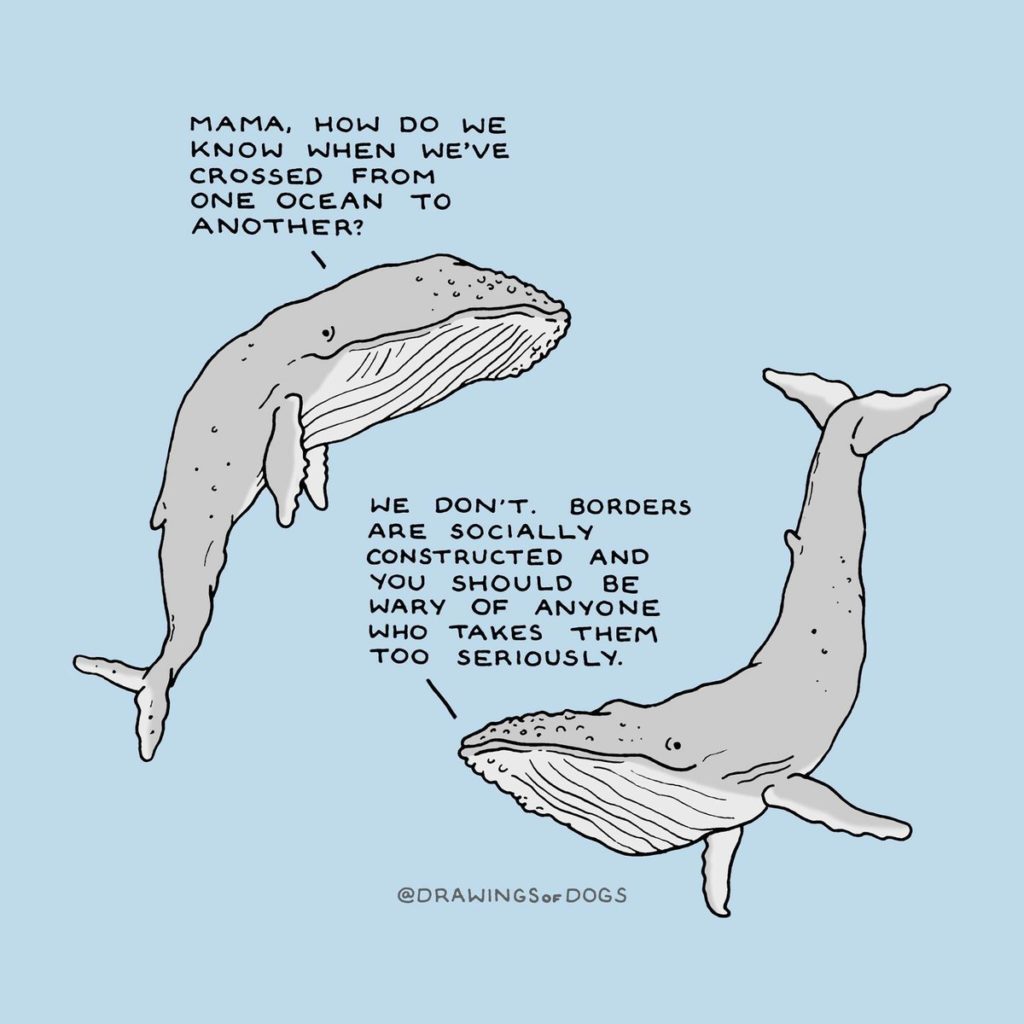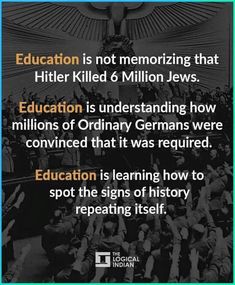
Make a Country great again …
When Trump was elected in 2016, I was very surprised that some of my American friends felt the need to apologise for it. They expressed their embarrassment — both in person and on Facebook — and apologised for Trump’s victory as if they had to justify themselves.
Personally, I don’t believe that the Americans “fucked up”: Donald Trump is, in a sense, a product of the evolution of our society. We are all a part of it. In our globalised world, we all influence each other. The responsibility for a phenomenon does not lie only with the country where it manifests itself. In the last few years, for example, Europe has experienced Brexit and the rise of far-right parties.
To me, these political phenomena are a sign of problems our society has built up over decades. We have grown to value individualism, and to look after ourselves and our immediate relatives. We often see life as a zero-sum game, where to ensure the best life for us and our close circle, we must compete against everyone else. As a result, we also fear losing what we have, and we feel the need to protect our possessions, our jobs and our identities. While capitalism certainly facilitates this behaviour, it is only one of its causes.
The sense of competition leads to our tendency to compartmentalise people. We group people into our family, our friends, our city, our religious or ethnic brethren, our nation. While grouping makes our navigation through life easier, it also enables us rationalise our “us-against-them” behaviour. This in turn, has been shown to have cost for everyone, not just the more unprivileged groups.
The “us-against-them” attitude especially tends to manifest itself in times of crisis or fear*. This explains why “Make America great again” worked so well for Trump – people united to “defend” US America against everyone else.

There have been many comparisons of Trump to Hitler, and it must be noted that there are many differences between the two. That being said, there are some similarities when it comes to their rhetoric and their appeal to their voters.
“Make Germany great again” could have easily been Hitler’s motto. After all, his success in convincing so many ordinary people that “killing Jews was required” started by providing hope to Germans and Austrians for better living conditions and a stronger identity. While Hitler used antisemitism to draw on people’s fear, he didn’t invent it. The origins of antisemitism can be found way back in the ancient past. Those prejudices against Jews were then fed by their talents in managing money, which made less wealthy Europeans jealous.
Nowadays, Hitler is widely regarded as a monster. Some consider Trump an idiot and a con artist. However, I think it is too easy to label those in power as bad or evil, without considering the wider problems within the society that got them elected. Power is not innate, given by a god, nature or the universe. One can acquire it only if enough people are willing to acknowledge their status. Leaders such as Trump and decisions such as Brexit happen because enough people see them as the only way to protect themselves.
As our society seems to move down a path of division and separation, let us instead reflect on the underlying issues which got us to this point. Borders are artificial constructs, as are national, cultural and ethnic divisions. If one country is in trouble, we all are. Separation isn’t a sustainable solution for humanity’s future, but rather the acknowledgment that we are all connected and inter-dependent. The challenge ahead of us is to find a way to change our politics and our economies to reflect this reality.
In what situations do you experience “us-against-them” thinking? Please do feel encouraged to share your experiences – To #Saywhatis often brings people more together than apart, because we realise we are not alone …
*Having said that, crises also bear the potential to bring people together.Written by Julia Heuritsch | Last edited: 15th June 2022